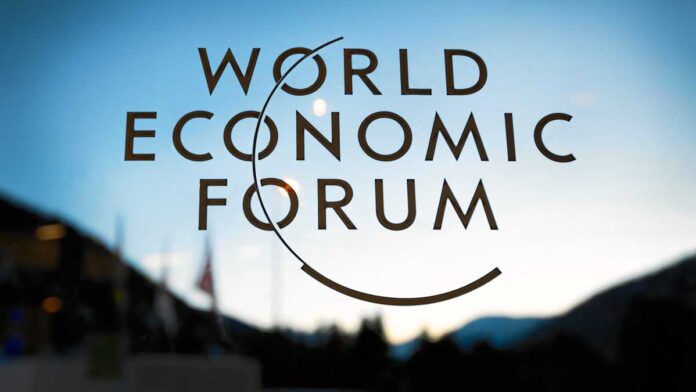ISLAMABAD: The World Economic Forum (WEF) has released its Global Risks Report 2025, identifying critical challenges for Pakistan amid an increasingly complex global landscape. Drawing insights from over 900 global experts and responses from 11,000 participants in the Executive Opinion Survey (EOS), the report sheds light on geopolitical, economic, environmental, societal, and technological risks shaping the future.
Mishal Pakistan, WEF’s country partner, conducted the EOS in Pakistan between February and June 2024, gathering perspectives from the nation’s business leaders.
For 2025, Pakistan’s primary risks center around economic vulnerabilities, climate-related challenges, political instability, and technological disruptions. The report warns that inflation, currency devaluation, and rising debt could undermine economic stability, eroding investor confidence and growth prospects. Despite these risks, Pakistan has demonstrated resilience, successfully navigating past economic crises.
The report also highlights Pakistan’s vulnerability to climate-induced disasters, including recurring floods, heatwaves, and water shortages. These challenges threaten food security, infrastructure stability, and livelihoods, underscoring the urgent need for climate adaptation strategies.
Amir Jahangir, CEO of Mishal Pakistan, emphasized the country’s capacity to overcome these risks. “Pakistan has consistently demonstrated resilience amidst global uncertainties. The *Global Risks Report 2025* highlights both our challenges and opportunities,” he stated. “With the right policies, innovation, and regional collaboration, Pakistan can turn risks into opportunities and emerge as a key player in the global landscape.”
However, the report warns of rising political and social polarization in Pakistan, with governance challenges and civic freedoms potentially deteriorating. Geoeconomic confrontations and trade disruptions further compound risks, particularly given Pakistan’s reliance on strategic imports like energy and essential commodities.
As Pakistan expands its digital economy, the report flags emerging threats such as cyberattacks, misinformation, and data security breaches, which could destabilize public trust and national security.
On a global scale, the *Global Risks Report 2025* paints a grim picture, with escalating geopolitical conflicts, economic instability, and environmental crises taking center stage. State-based armed conflicts, fueled by ongoing wars in Ukraine, the Middle East, and Africa, rank as the top global risk.
Misinformation has emerged as a critical threat, eroding democracy and institutional credibility. Meanwhile, climate risks, including extreme weather events and ecosystem collapse, remain dominant concerns. Geoeconomic tensions and the rapid growth of artificial intelligence (AI) further complicate global stability, posing ethical, regulatory, and security challenges.
The report also highlights a surge in global defense spending, raising fears of an arms race at major geopolitical flashpoints. This shift could divert resources away from addressing global social equity, particularly in health and education.
The WEF calls for urgent global cooperation to address these risks. For Pakistan, this entails adopting sound economic policies to stabilize inflation, attract investment, and manage debt. Strengthening climate resilience, enhancing cybersecurity frameworks, and fostering political and social cohesion are also critical to navigating the uncertain future.




